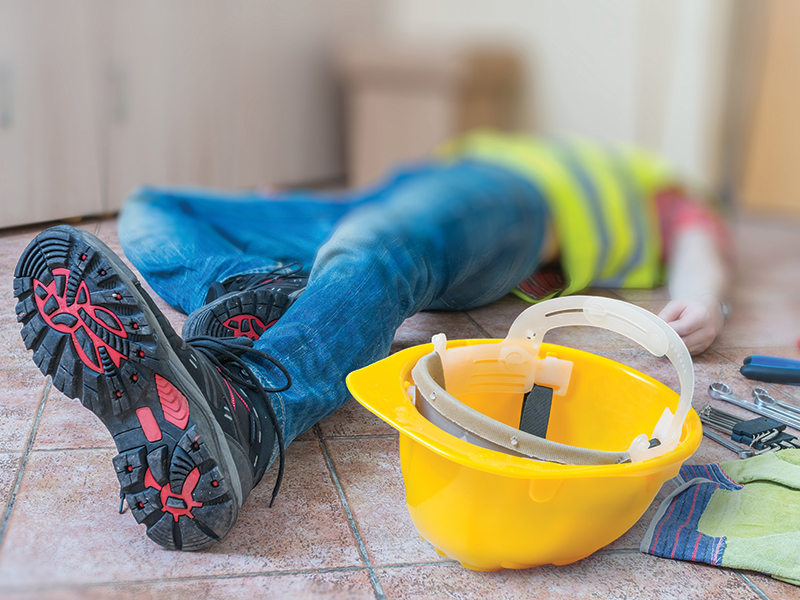What Happens when Someone Complains about You to the HSE?
Mar 11, 2017
When the Health & Safety Executive receives a complaint it is most likely to come from an employee or a member of the public. These complaints can be lodged online, in writing or by phone. When the HSE receives a complaint, this is an outline of what the process would be and what you could expect.
Firstly, the HSE will check whether the complaint lies in its jurisdiction. For complaints that are not health and safety at work issues (such as fly tipping, environmental noise or garden rats etc.) the complainant will be directed elsewhere.
Another example: where a complaint is made about a slippery floor in a supermarket; this would be referred to the local authority - although this is clearly a health and safety hazard, the HSE is not the enforcing authority for shops.
If the person making the complaint is your employee, the HSE may well ask them whether they have already raised it with you. If the employee hasn't, the HSE is likely to ask them to do this first and then contact the HSE again later should no action be taken as a result.
The complaint will be assessed, and if appropriate, an inspector will be allocated to carry out an investigation.
The inspector will then visit the site (likely to be unannounced) and make enquiries. The inspectors can then exercise any of their normal powers, such as the right to enter, see documents and records, take photos and interview witnesses.
Once, having looked at the evidence, Inspectors will weigh it up in the light of the relevant law and guidance, and decide whether the complaint is justified - if not, it's unlikely any further action will be taken.
However, if the complaint is found to be valid, inspectors will then have to decide what action to take and they can use any of the enforcement powers given to them by the Health and Safety at Work Act.
You may get verbal and/or written advice, or you could be served with an Improvement or Prohibition Notice (known as Enforcement Notices) or receive notice of the intention to prosecute. The inspector will consider the nature and extent of the risk and (if we're honest), how co-operative you are. At any stage, you are within your rights to ask the inspector 'what does that mean?' and ‘what happens next?'
An Improvement Notice will quote a specific breach of the law and require you to take remedial action within a set period (at least 21 days). Agree with the inspector a period that's reasonable and realistic for you and that will allow you to complete the required work.
If the situation represents an 'imminent risk of serious personal injury' a Prohibition Notice is most likely to be issued. You will be asked to stop the specified activity until the situation has been rectified.
You have a right of appeal (up to 21 days) to the employment tribunal if you are given either of these notices.
Where the inspector finds a 'significant breach', serves a notice or starts legal proceedings you can expect to be charged £129 per hour for the inspector’s time under the HSE's Fee for Intervention scheme.
The HSE is likely to give some feedback to the person who made the complaint on whether the complaint was investigated or not, what the outcome was and what action was taken (if any) as a result.
No-one likes to be complained about, but the best approach to take is 'if something's wrong, we’d like to put it right'. Be objective, cooperative and constructive and you're likely to get the best outcome. Don't expect the HSE to reveal who has complained.
Let your BBi Risk Solutions consultant know as soon as you are aware of the visit.






